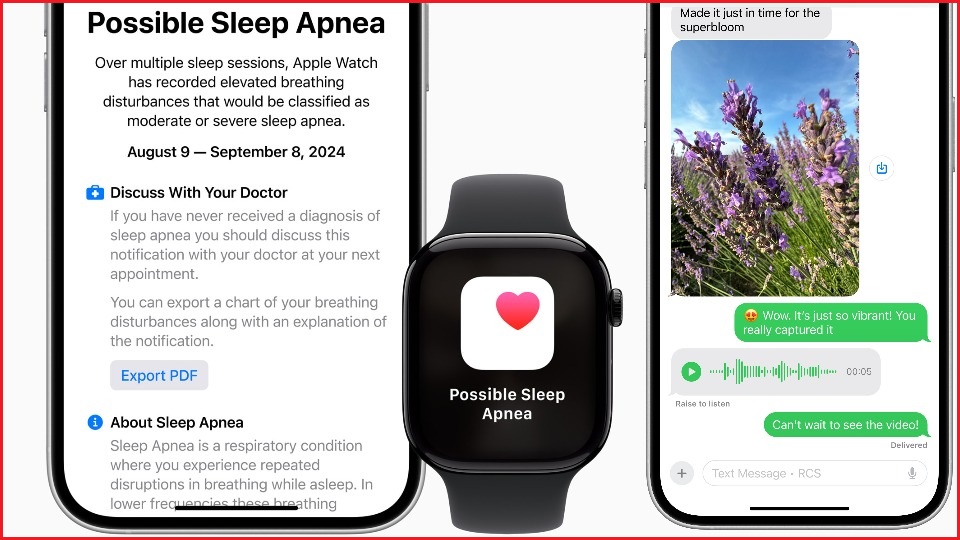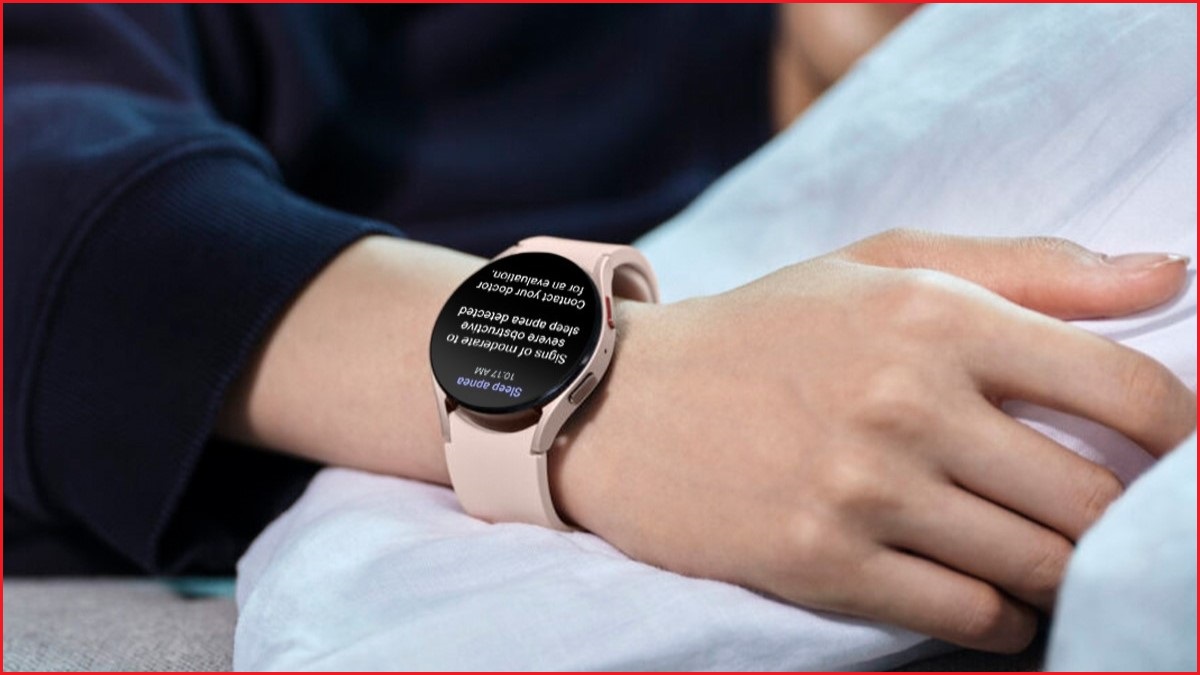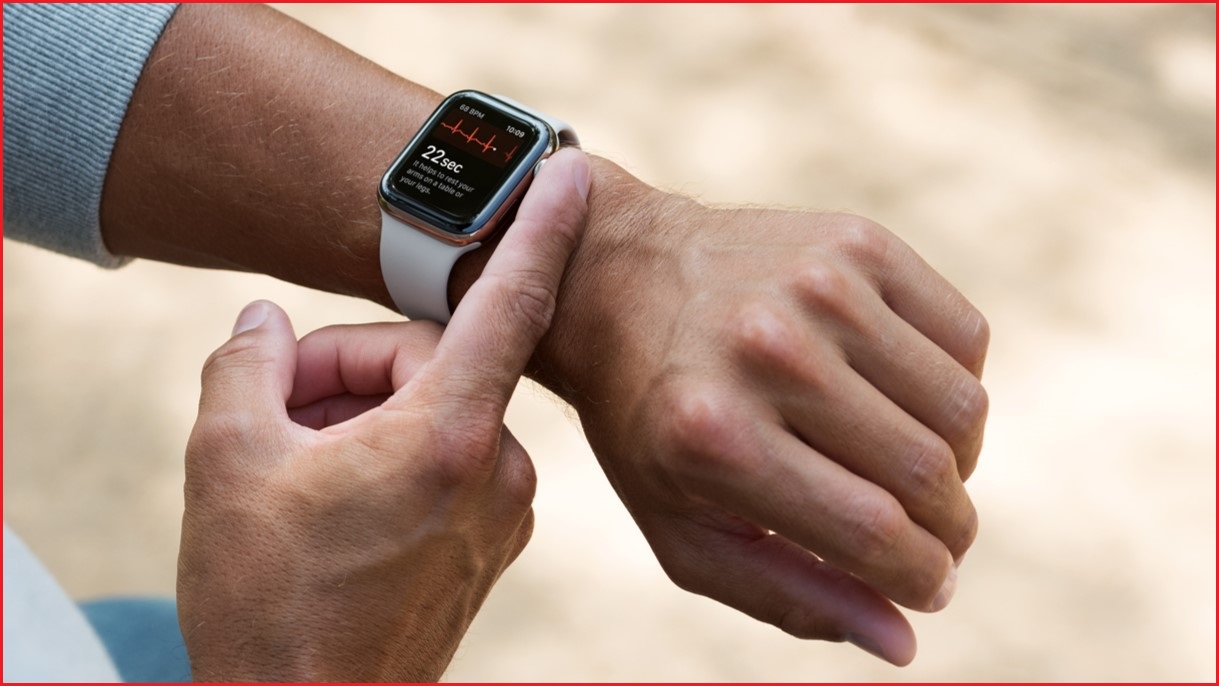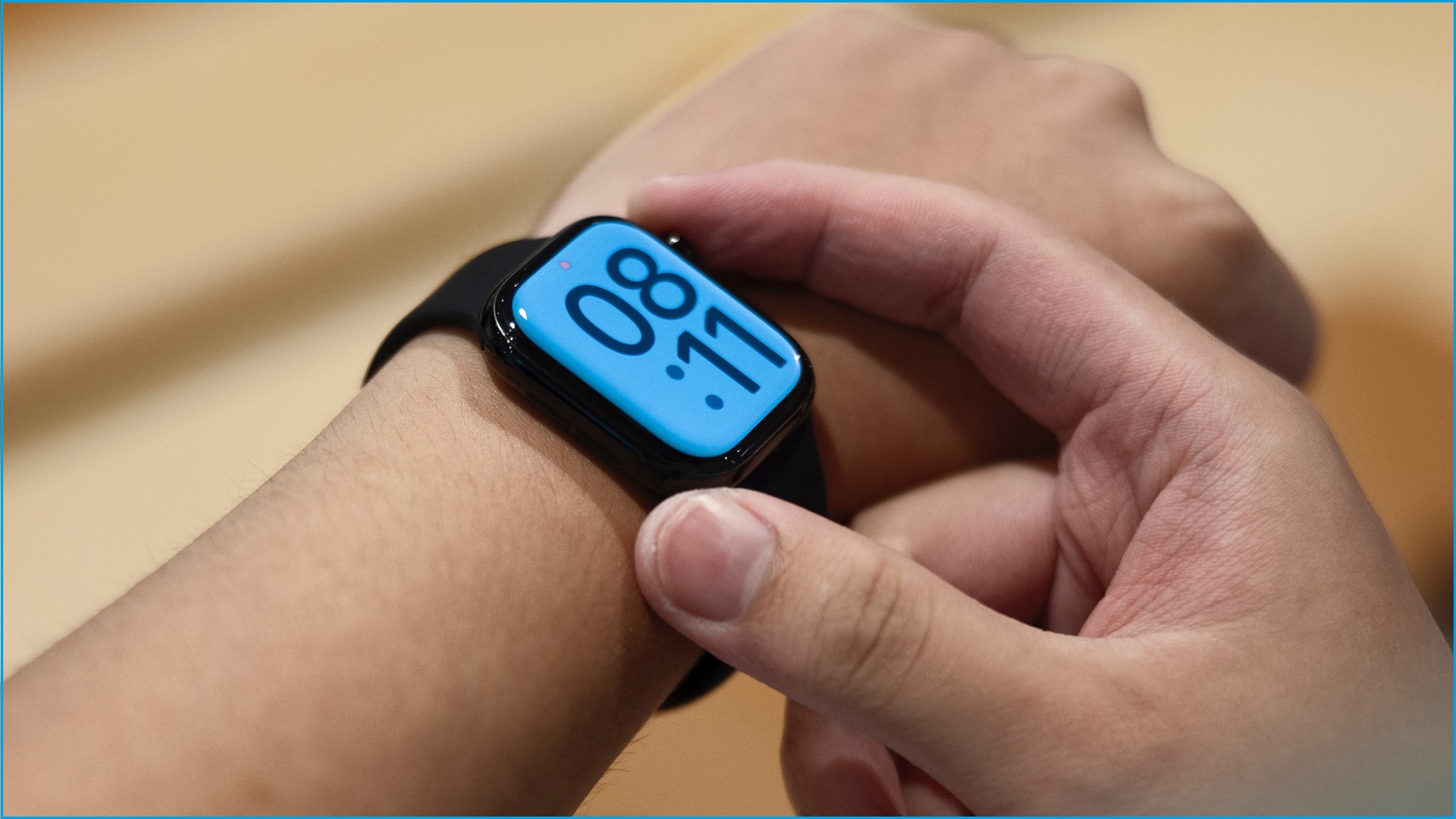Apple customers in Australia are going without some key software features in their iPhones and Apple Watches after the company released its major operating system updates last week.
Unlike in the United States and more than 150 other countries, Australian users who have updated their Apple Watch software are unable to use their devices’ sleep apnoea notifications feature, as it has not been approved by Australia’s health device regulator.
Apple positioned sleep apnoea notifications as a key new feature in its latest product announcements earlier this month, and marketed it as “further expanding” the health capabilities of its Apple Watch.
Australian customers have also been unable to use RCS messaging (Rich Communications Services) on their iPhones, despite Apple and its competitors having said it would allow for better messaging experiences between Apple and Android devices.
While RCS capabilities were included in Apple's iOS 18 software update on 17 September, Australia's major telecommunications providers have not announced support for the feature.
Apple decided to implement RCS following pressure from European regulators and Google — the primary developer of the Android operating system.
Apple declined to comment regarding the lack of sleep apnoea notifications on Apple Watch in Australia or local mobile carriers not supporting RCS.

Australian users are currently unable to use sleep apnoea notifications on their Apple Watches, nor RCS on their iPhones. Photos: Apple / Supplied
Australia yet to approve sleep apnoea feature
When Apple released its updated Apple Watch software watchOS 11 last week, it added a new feature to its Series 9, 10 and Ultra 2 models which was designed to detect signs of sleep apnoea in adults.
The feature was immediately available in more than 150 countries including the US, United Kingdom, Japan, and the European Union, just before the Series 10 went on sale on 20 September.
Australia and Canada were among the very few English-speaking nations which had not yet approved the feature.
Sleep apnoea is a medical condition in which a person experiences interrupted breathing while they are asleep.
In its most severe cases, sleeping can be interrupted more than 30 times per hour, having major impacts on sleep quality and increasing the risk of heart attack, stroke, and abnormal heart rhythms.
Around 5 per cent of Australians are estimated to experience sleep apnoea, according to Neuroscience Research Australia.
The Apple Watch sleep apnoea notifications feature, which requires approval by the regulators in each respective country, notifies a user when their Apple Watch notices an increase in breathing disturbances during sleep, Apple said.
“Apple Watch uses the accelerometer to monitor small movements at the wrist that are associated with interruptions in normal respiratory patterns,” the company said.
While the capability was announced as one of the key new features in the US version of the press release announcing Apple Watch Series 10 last week, it was completely redacted from the Australian version.
Australia’s Therapeutic Goods Administration (TGA) would not disclose whether Apple had submitted a sleep apnoea system for regulatory approval, but confirmed one had not yet been approved.
Samsung was the first company to offer sleep apnoea notifications on a smart watch after gaining regulatory approval in the US earlier this year, but its feature also has not yet been approved in Australia.

Samsung's sleep apnoea detection feature is also yet to be approved in Australia. Photo: Samsung / Supplied
Sleep physician Dr Linda Schachter, a board member of the Sleep Health Foundation, said while Australia should not allow a “free for all” when it comes to regulating medical devices, approving technologies which detected signs of sleep apnoea would help people monitor their health.
“It is important that we aren’t behind other countries because it would be great to be getting people looking at variations in their breathing and oxygen levels on these devices, which may suggest sleep apnoea,” she told Information Age.
"It's a good way to get people to go and speak to their doctor about their risks for sleep apnoea and get formally tested and treated.”
Schachter said practitioners were beginning to see people coming to them after being notified of potential problems by their wearable devices, which she described as “fantastic”.
Sleep-related breathing disorders have been found to be “quite common” but occured more often in older men, according to a 2021 report by the Australian Institute of Health and Welfare.
Such disorders were public health issues that were often seen as “unrecognised, under-reported, and that has high economic costs”, the report said.
Australia waited years for previous Apple Watch features
Australian Apple Watch users previously waited years for the device’s electrocardiogram (ECG) and irregular heart rhythm notification features to become available locally.
Apple announced the features with the Apple Watch Series 4 in September 2018 and launched them in December of that year in the US, Puerto Rico, Guam, and the US Virgin Islands.
The features were approved by Australia's TGA in March 2021, before becoming available to Apple Watch users in May of that year, two-and-a-half years after they were made available in the US.

Australians waited more than two years for the Apple Watch's ECG and irregular heart rhythm features to become available locally. Photo: Apple / Supplied
At the time, the features were heralded as breakthroughs by many medical professionals, as they provided patients with useful data which they often brought into GP clinics.
In the US, Apple removed blood oxygen monitoring capabilities from its Apple Watches beginning on 18 January 2024, due to an ongoing patent dispute between the firm and medical devices company Masimo.
Australian telcos not supporting RCS
Another new feature of Apple’s latest software updates which Australians have not be able to use is RCS — an instant messaging protocol designed to replace SMS and MMS.
RCS allows for conversations between devices which run different operating systems (such as Apple’s iOS and Google’s Android) which have features such as typing indicators, read receipts, emoji reactions, and high-quality multimedia, as well as better group messaging.
While Apple’s iOS 18 software enabled RCS, Australia’s major telecommunications providers have not announced support for it.
Telstra, Optus, and TPG Telecom/Vodafone confirmed their networks did not currently support RCS.
However, TPG Telecom/Vodafone told Information Age it was building [RCS] into its "product roadmap” and would "firm up a launch date".
A Telstra spokesperson said "as support for new features like RCS messaging are made available in Australia by our partners, Telstra will explore development and testing that is required to enable for our customers."
Apple’s anticipated artificial intelligence software, Apple Intelligence, was not available on the company’s new devices when they were released last week, but are expected to roll out slowly over the coming months.










